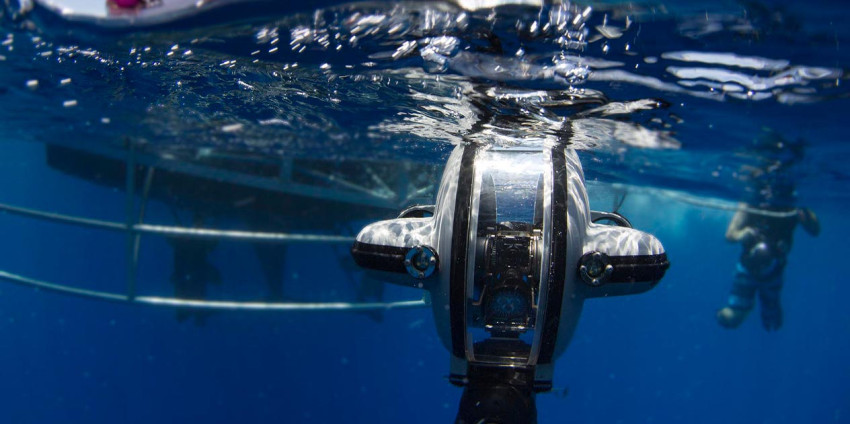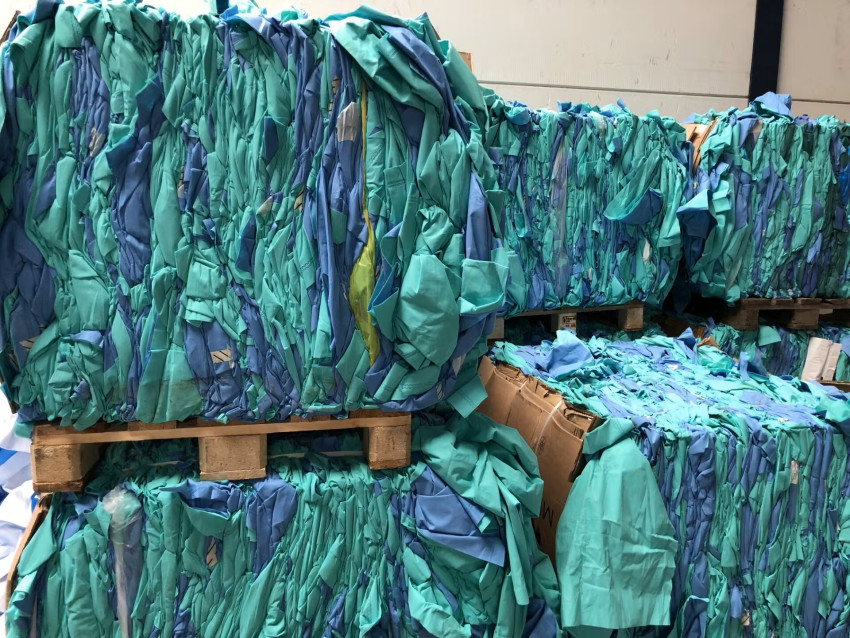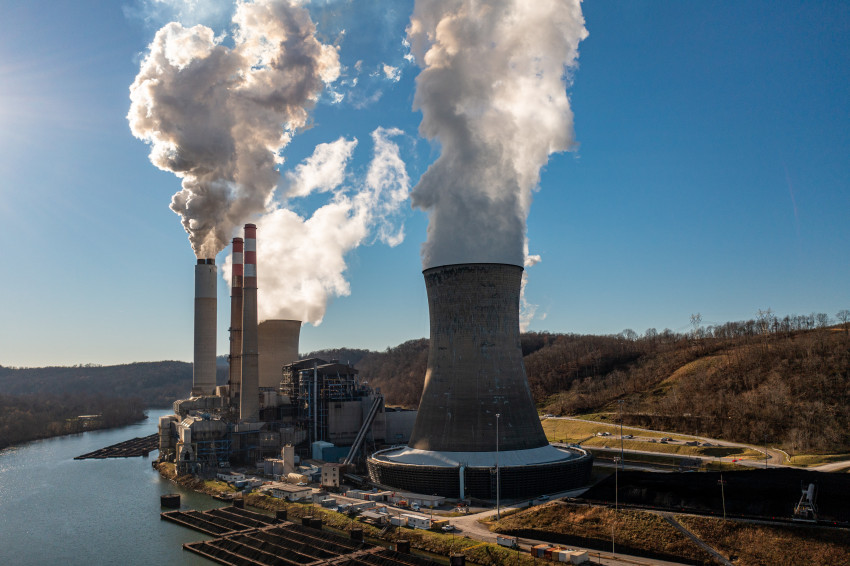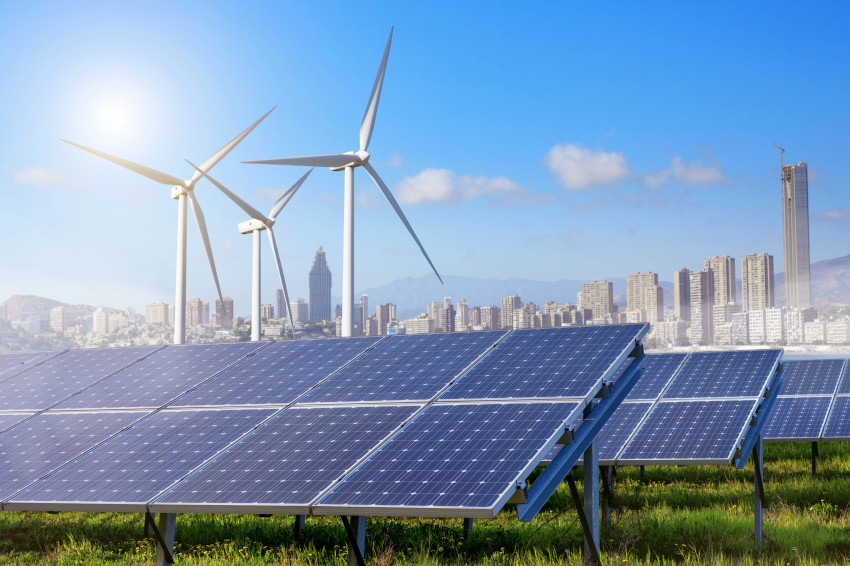
Fuel oil derived from frying oil
The Dutch company GoodFuels is introducing fuel oil based on organic raw materials. The oil, which is intended for the heavy shipping industry, is CO2-neutral. It also produces barely any sulphur emissions, which is one of the big problems of fossil-based bunker oil.
Ultra Low Carbon and Ultra Low Sulphur Fuel Oil is how CEO Dirk Kronemeijer of GoodFuels wants to market his new fuel. The fuel is made from biowaste, such as discarded oil from deep-fat fryers, sawdust, leftover pieces of wood, sewage treatment sludge, organic household waste, etc. ‘Technically, our big achievement is that we have been able to make a uniform product from such a diversity of sources.'
THE DREGS OF THE REFINERY
This bio-based fuel oil is intended as an alternative to the conventional fossil-based product. Fossil fuel oil is what remains in the pit of the reactor after crude oil has been refined into products such as kerosene, petrol and diesel. 'Fuel oil is the dregs of the refinery.' Its environmental performance is therefore extremely poor, as the oil contains a lot of sulphur, produces large quantities of soot, and emits vast amounts of CO2, nitrogen oxides and particulates. Its use in a ship is also immediately evident from the clouds of black smoke emanating from the ship's funnel.
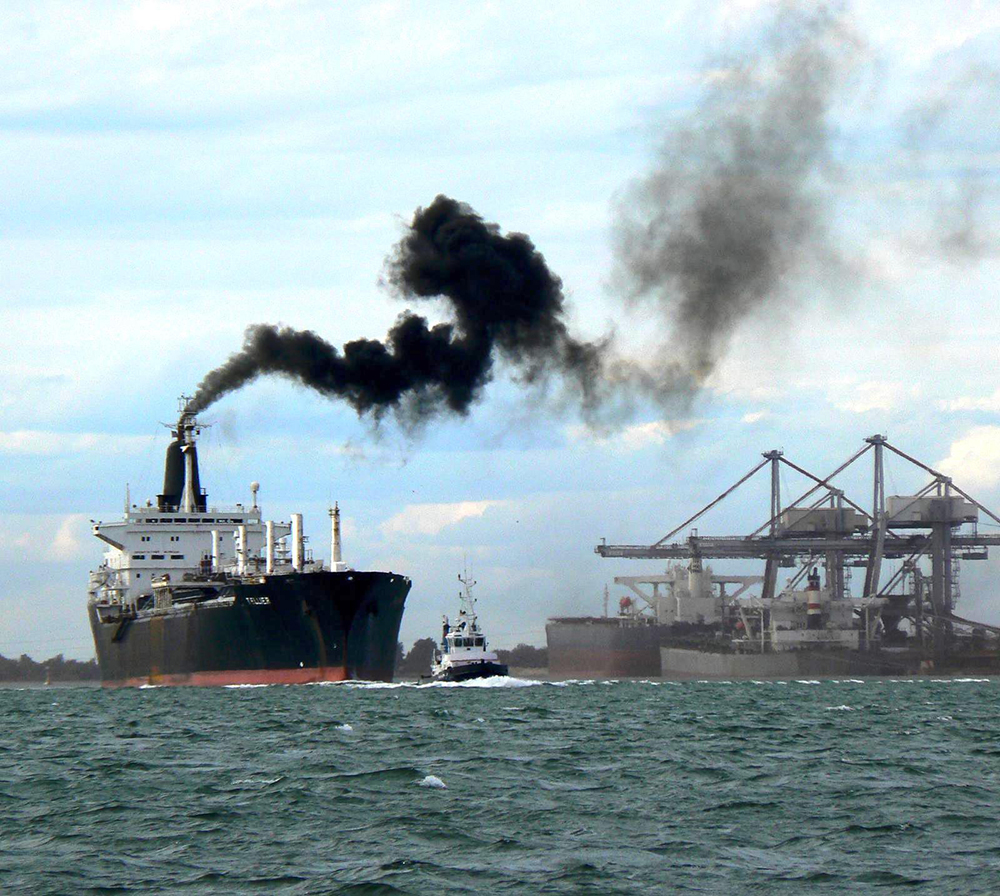
The shipping industry can no longer ignore this pollution, and has to act. The first compelling measure currently being faced by the industry is that sulphur emissions have to be reduced drastically, either by switching to another fuel or using a desulphurisation plant.
FEWER EMISSIONS
With his bio-based fuel oil, Kronemeijer hopes to serve the market looking for cleaner fuels. 'We meet the standard of 0.5% sulphur, emit 40 to 50% less soot, and 10 to 15% less nitrogen oxides.' These claims are backed up by test reports, including the experience of Danish shipping company Norden, which recently tested the fuel on a trip to Estonia.
The oil obviously emits CO2 when it’s burned, but this is absorbed from the atmosphere when biofuels ‘grow’, which makes the fuel virtually CO2-neutral.
INTERCHANGEABLE
What makes the factory in Rotterdam special is that it can handle very different types of biowaste. 'We upcycle low-quality waste so it can be used in high-quality applications.' At the same time, the fuel produced by GoodFuels is completely interchangeable with the fossil version. ‘Ships don’t need any adjustments to their fuel systems or engines.' The price of bio-oil is comparable, which makes the transition easy and fits with the market model that Kronemeijer has in mind. 'We already have service stations in Rotterdam, Antwerp and Amsterdam, where ships can refuel with our bio-oil, but then use normal fossil-based oil on their journeys elsewhere around the world. The products can be mixed without problems.’ If things go well, Kronemeijer wants to open service stations in other corners of the globe.
LOCAL RAW MATERIAL
The current factory in Rotterdam can produce 100,000 tonnes per year. ‘Our preference is to expand the production capacity in the places where we build service stations. That reduces the amount of towing, and will allow us to use local biowaste.'
Suitable for the North Pole?
Can GoodFuels' bio-based fuel oil also be used around the North Pole? CEO Dirk Kronemeijer understands the question, and is aware of the CleanArcticAlliance. ‘We’re active members.’ The Alliance's aim is to prohibit the use of fuel oil at the North Pole because of the effects of black carbon emissions. These are the soot particles that blacken the snow, and neutralise the cooling albedo effect. Kronemeijer is initially hesitant. His biofuel might be cleaner, but it still produces soot. ‘It can be removed with post-treatment, but that’s also possible with fossil fuel oil, so using bio-based fuel oil on trips through the North Pole may not be such a good idea,’ he has to admit.

